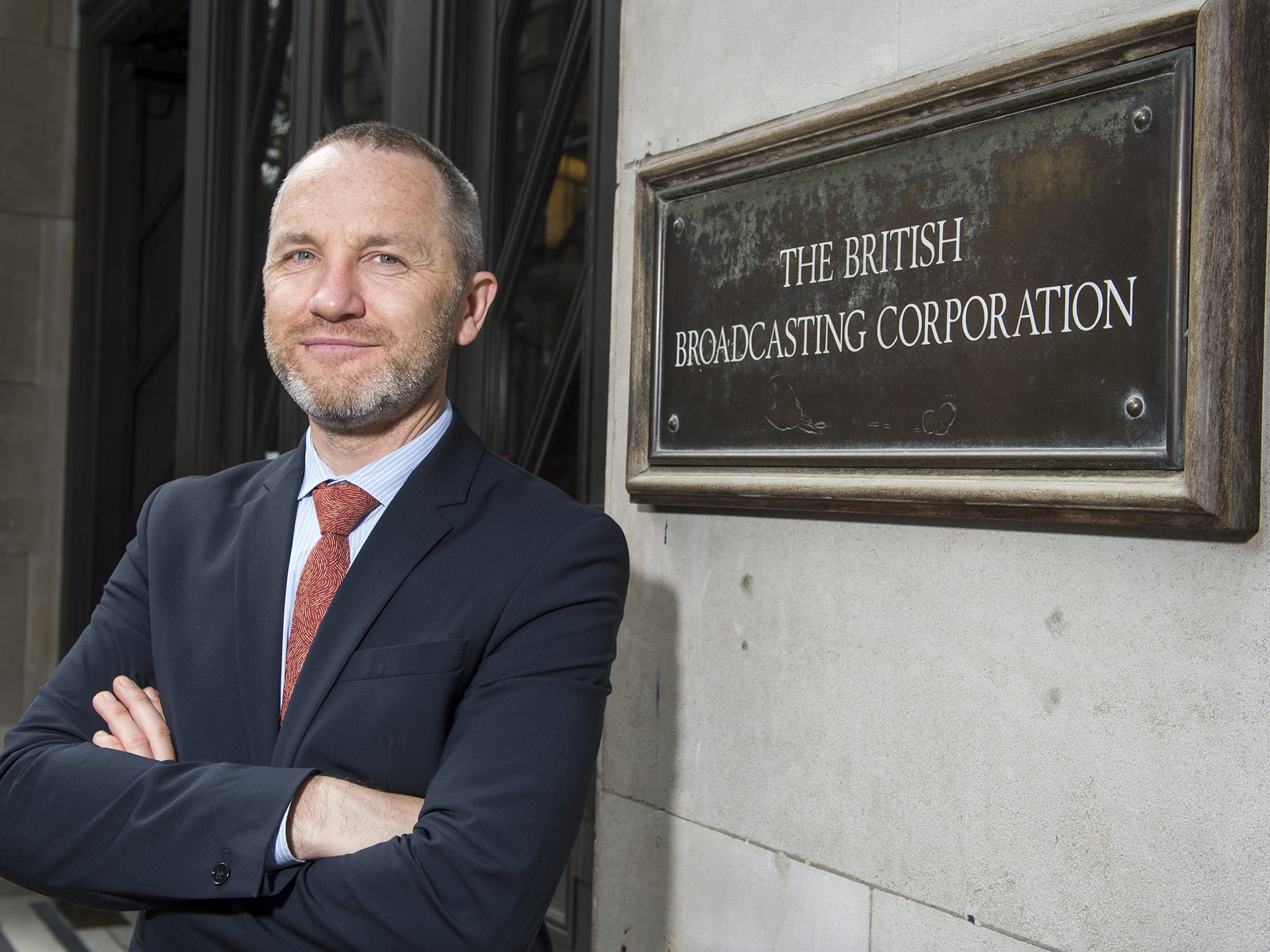BBC to remove education details from CVs in a bid to employ fewer privileged staff
Names of applicants, the schools and universities they attended and their exam results only become known to recruiters at the interview stage

The BBC is redacting details of job applicants’ university and school education from their CVs amid concern too many of its staff are from a privileged background.
More than 60 per cent of its staff had parents with professional or senior management jobs.
And, while just seven per cent of the general population went to a private school, 17 per cent of those working at the corporation did so.
In an effort to make the UK's public broadcaster better reflect the public it serves, James Purnell, the BBC’s director of radio and education and a former Labour Culture Secretary, revealed it was considering introducing targets for the class of its staff.
And it has already started removing information about the universities and schools attended by job applicants, including their grades in exams, from CVs, although only on an optional basis. This followed a trial scheme involving trainees and apprentices last year. However when a candidate becomes "visible" to the BBC — in an interview or a video — these details are made available to the staff doing the recruitment with some roles requiring a degree.
Mr Purnell told the Royal Television Society’s convention at Cambridge: “It’s something lots of organisations are doing, across accountancy, across law.
“The theory, which I think is right, is that you can get that evidence in other ways, so you can get it through demonstrating competency in other ways.”
The BBC currently has targets to employ certain numbers of people based on gender, race, sexuality and disability, again in an attempt to reflect the general population.
“We don’t have targets for socioeconomic [status], but we are thinking about it,” said Mr Purnell, who went to Oxford University and admitted he was “definitely privileged”.
“The hard question is what is good. We know what our data is, we don’t know how it compares to other people.
“Until we have data across the industry, I think it’s quite hard to know what good is.
“We would love to have a target, we would be very happy to do that, it’s just what it would be.”
Join our commenting forum
Join thought-provoking conversations, follow other Independent readers and see their replies
Comments
Bookmark popover
Removed from bookmarks